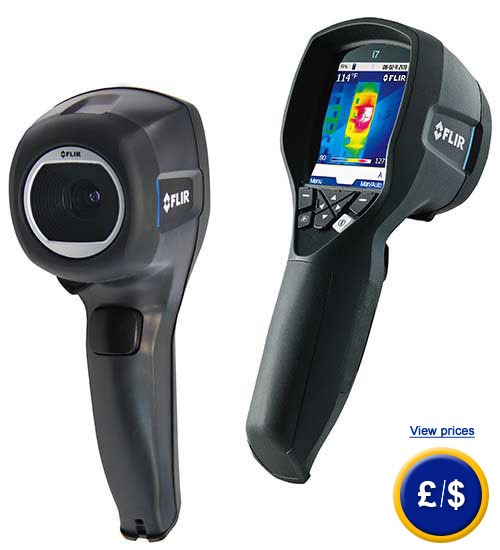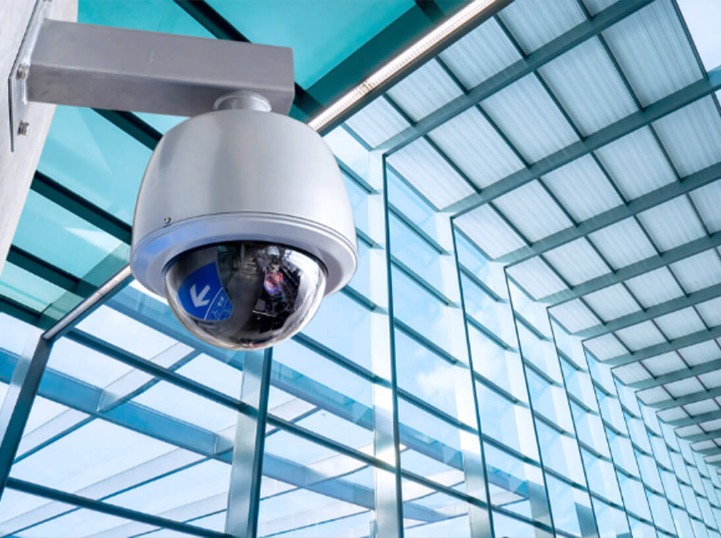Read more about flir thermal imaging camera here.
In today’s technologically advanced world, the thermography camera has become an indispensable tool in various fields. This powerful device provides thermal imaging, enabling users to detect and visualize temperature variations in objects and environments. From industrial applications to healthcare, the benefits and uses of thermography cameras are vast and continually expanding.
How Thermography Cameras Work
Thermography cameras capture infrared radiation emitted by objects, translating these signals into thermal images. Unlike regular cameras that capture visible light, these devices can detect temperatures from significant distances, allowing for precise analysis and diagnostics. By visualizing heat patterns, users can identify anomalies such as overheating components or areas of energy loss.
Applications in Industry
One of the most prominent uses of thermography cameras is in the industrial sector. These devices are essential for:
- Electrical Inspections: Detecting faulty electrical connections and potential fire hazards.
- Mechanical Inspections: Identifying overheating machinery, which helps in predictive maintenance.
- Building Inspections: Pinpointing areas of heat loss, moisture intrusion, and structural deficiencies.
Advancements in Healthcare
The emergence of thermography cameras has revolutionized the healthcare industry. They are used for:
- Medical Diagnostics: Non-invasive detection of conditions such as breast cancer and vascular diseases.
- Fever Screening: Rapid identification of individuals with elevated body temperatures, crucial during outbreaks of contagious diseases.
Environmental and Wildlife Monitoring
In addition to industrial and healthcare applications, thermography cameras play a significant role in environmental science and wildlife conservation. Researchers and conservationists employ these devices to monitor animal activity, study habitats, and track nocturnal creatures.
Advantages of Using Thermography Cameras
The widespread adoption of thermography cameras is attributable to their numerous advantages, including:
- Non-Invasive Measurement: Allows for temperature assessment without physical contact, preserving the subject’s integrity.
- Real-Time Analysis: Immediate feedback and visualization of thermal data, aiding quick decision-making.
- Enhanced Safety: Reduces the risk of injury by identifying hazardous hotspots and malfunctioning equipment.
Future Potential and Innovations
As technology continues to evolve, the capabilities of thermography cameras will undoubtedly expand. Emerging trends such as integration with artificial intelligence and enhanced resolution promise to unlock new possibilities in various fields.
In conclusion, the thermography camera stands as a testament to human ingenuity, offering unparalleled insights across diverse applications. Whether for industrial maintenance, medical diagnostics, or environmental monitoring, its utility and potential are boundless.



